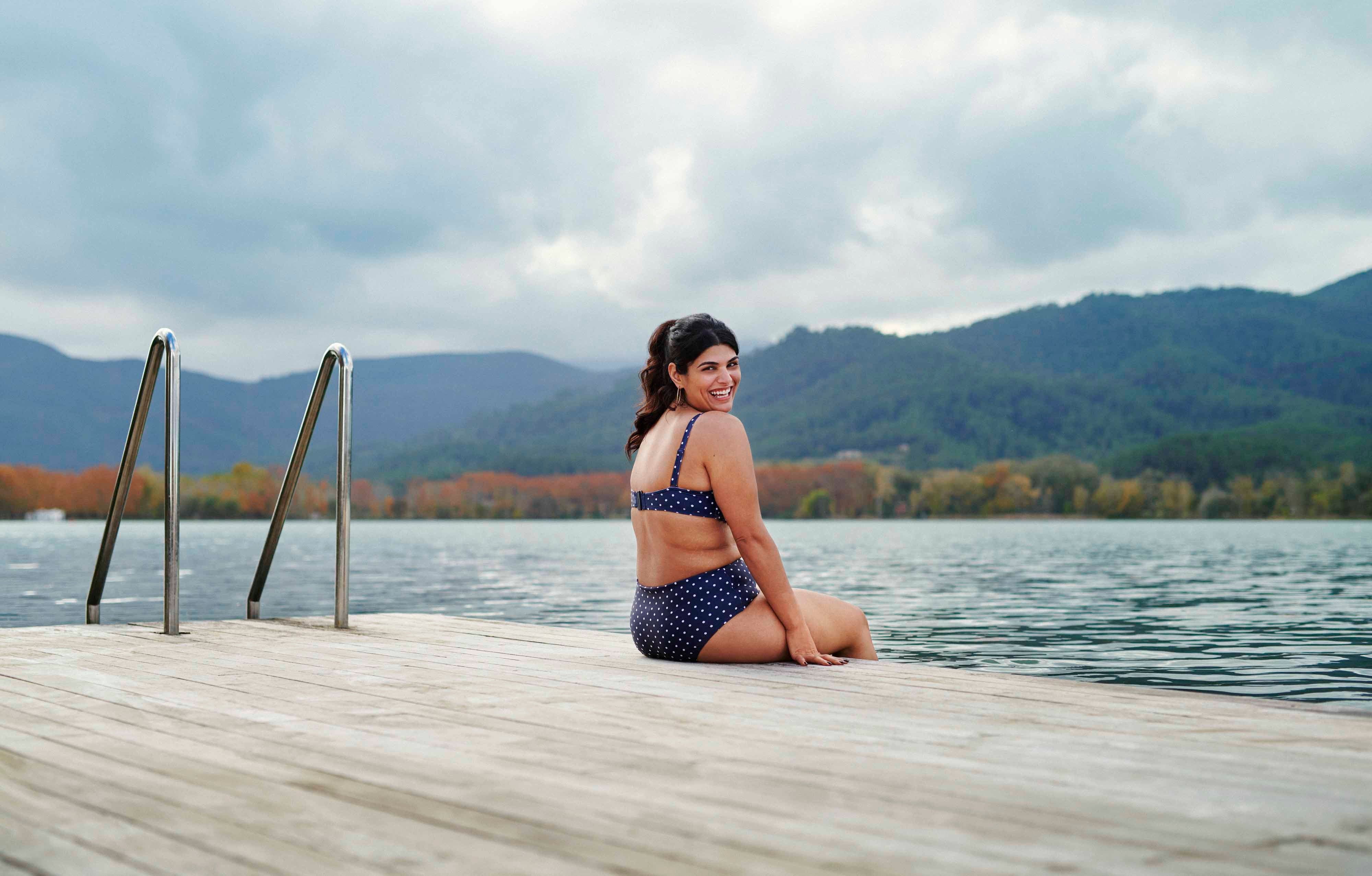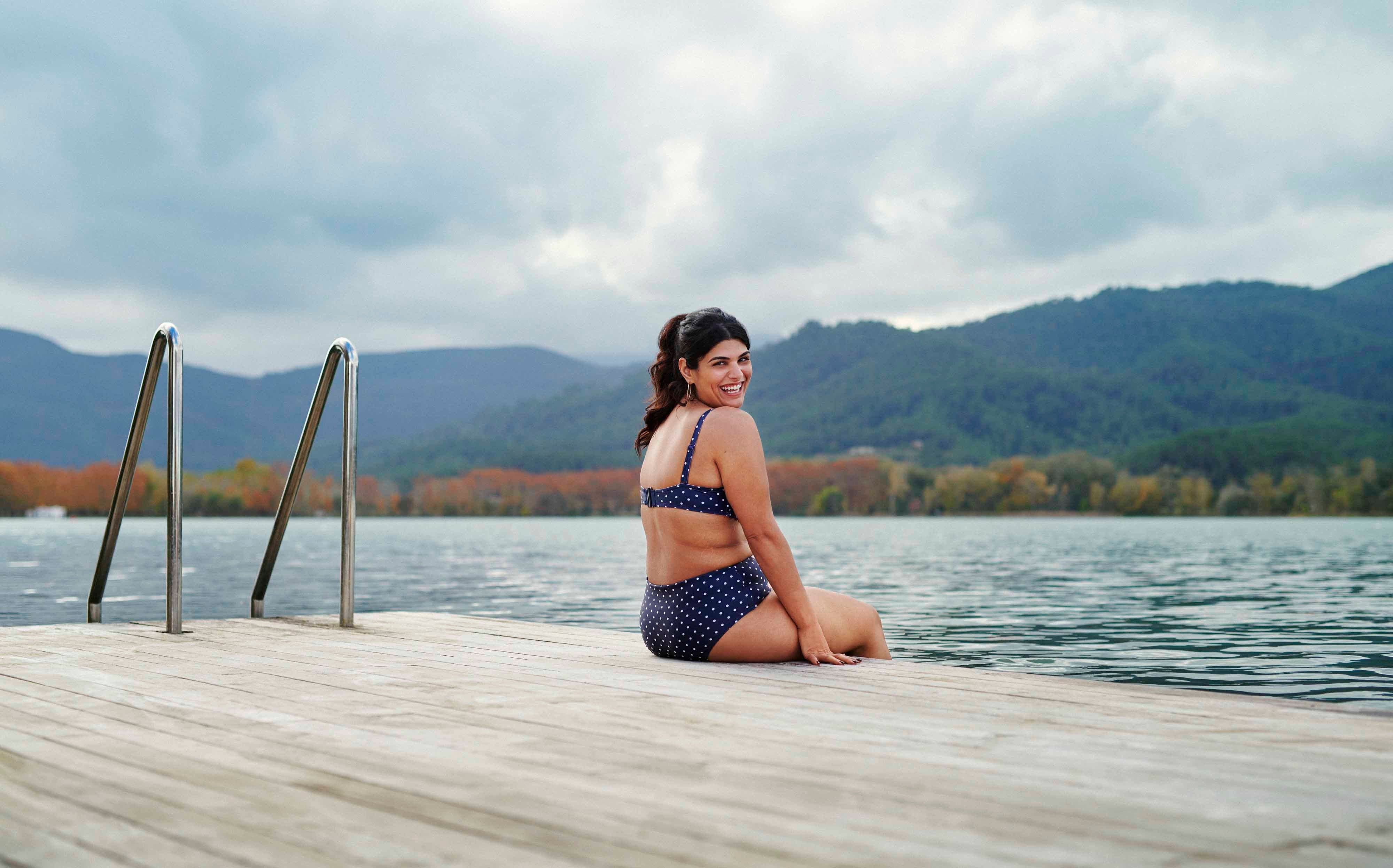Get a head start on travel planning


Getting ready for a vacation is super exciting – but often also rather overwhelming. We wanted to help take the stress out of your vacation planning by giving you advice to get way ahead of the game. It’s never too early to start researching and preparing for a trip and doing things in advance can even help you save money.
Start early
Failing to plan is planning to fail, or so the old adage goes.
To get the best travel deals, you have to start planning early, says Toronto-based Steve Long, co-founder of The Travel Brief, a crowdsourced travel guide.
“Start the planning process at least three months in advance and, ideally, six months in advance.”
This will increase the likelihood you’ll get cheap flights and ensures you have enough time to plan your trip.
“Trip planning usually takes much longer than you would expect,” Long says. “It takes a lot of time to read reviews and [figure] out itineraries, so you’ll want to give yourself plenty of time to create them and change them later.”
Get techy
Calgary-based blogger Carly Mann, the person behind FearlessFemaleTravels.com, recommends Google Flights to help find cheap air travel and apps such as Hopper, which can predict whether a flight price is likely to go up or down in the future.
Use YouTube to pick destinations
“The best way to get an accurate feel for what a destination is like – much better than Instagram or TripAdvisor – is actually YouTube,” Long says. “Most of the destination videos on it are created by amateur vloggers and not overly edited, giving you a fairly authentic look at the destination. In addition, videos are simply much more effective than still images or words in capturing the vibe of a place.”
Don’t forget about local transportation
“Researching local transportation is many people’s least favourite part of trip planning,” says Long. “It’s repetitive, dry, and mentally exhausting. However, you’ll save yourself a lot of money and hassle if you plan out your local logistics in detail. Many travellers who decide to wing it end up spending lots of money relying on taxis and organized tours to get around, rather than making use of readily available public transportation.”
Check the currency before clicking “confirm”
Mann advises travellers to always confirm the currency before booking flights or making reservations. “Many major travel websites display prices in U.S. dollars (even to Canadian travellers!) unless you change the currency to Canadian dollars,” says Mann, who has travelled solo to more than 50 countries and is currently planning an eight-month trip around the world. “Accidentally booking in U.S. dollars could leave you with a bill that’s 30 per cent higher than you expected, and no recourse.”
Got an activities budget? Double it
“Outside of flight and accommodations, which are largely fixed once you book them, the remaining budget is usually hard to accurately project because information is scarce and variability is high,” says Long. “Research as much as you can, add up all the planned cost[s] of meals, local transportation and attractions tickets, then double whatever the result is. This will help ensure you have enough padding in your budget to deal with most of the unpredictable, but inevitable, expenses.”
Sticking with your health goals while travelling
Going on vacation may bring up mixed feelings for you if you have important health goals that you’ve been working toward. We often think of vacations as being synonymous with indulgence and relaxation, not healthy eating and exercise. But with some planning, you can ease any anxiety over this and ensure you will both stick to your goals and fully enjoy your vacation.
“Don’t completely forget your goals,” says NYC chef, dietitian, and nutritionist Nicolette Pace, “you’re leading a healthy lifestyle for a reason and getting out of control on vacation or a trip is only going to set you back and have you regretting the decisions you made on your trip.”
She recommends doing what works for you based on your personality type when it comes to eating on vacation. That may mean sticking with your regular food plan and incorporating some indulgences each day or week, or it may fit better for you to avoid indulgences altogether.
“Incorporate exercise by doing things that still feel enjoyable to you, but get you moving,” Pace says. “Take a walk on the beach, go swimming or play frisbee.”
To help stick with your fitness goals, Pace also recommends bringing exercise bands on your trip with you – they weigh nothing and will take up hardly any space in a suitcase.
“You can [work out with] them while you’re sitting down in your hotel room,” says Pace. “A few sets while watching TV won’t feel like a tough workout, but will keep you on track.”
She also recommends staying well hydrated on vacation. This is important especially if you’re going somewhere sunny.
“I always bring a water bottle with me that’s 32 ounces and make sure I drink at least two a day,” says Pace.
“Sometimes I’ll bring some snacks with me, so I can avoid diving into the salty peanuts and sugary snacks at the hotel’s mini bar,” she adds, suggesting health bars, nuts, and small packets of nut butter that you can pair with fruit.
“Try to eat local: If you’re on an island, go for the local catch of the day on the menu – it’s delicious and healthy. Eat more whole foods like fruits and vegetables, and less processed foods.”
Remember, Pace says, “It’s okay to indulge and enjoy food especially if you’re on a trip. Sometimes when we deprive ourselves we develop cravings and then end up binging on that certain food or drink. Enjoy food in moderation and keep your goals in sight!”
